Faced with increasingly fierce competition in new energy vehicles, Chinese automakers are accelerating their overseas expansion, among which BYD’s export growth is the most rapid. Its passenger car exports have increased several times in just three years (2022-2025), pushing its export ranking from tenth to second in the industry, becoming the backbone of China’s auto companies’ globalization.
Export data from Gasgoo Automotive Research Institute shows:
2022: BYD achieved large-scale exports of 56,000 vehicles, ranking among the top ten export automakers.
2023: Exports soared to 243,000 vehicles, a year-on-year surge of 334%, ranking sixth.
2024: Exports further increased to 406,000 vehicles, ranking fourth.
January-April 2025: Exports have reached 273,000 vehicles, a year-on-year surge of 96.6%, ranking second.
Focusing on its product strategy, BYD’s passenger car export path has undergone an important transformation from “pure electric first” to “plug-in hybrid breakthrough”.
Before 2023, BYD started the overseas journey of passenger cars through Tang EV; in 2023, it found a product direction that meets market demand, and Yuan PLUS became the main export model, driving the rapid growth of export scale. Subsequently, Song PLUS and Seagull also became popular export models. Since December 2024, plug-in hybrid products represented by Song PLUS DM have accelerated the expansion of overseas markets, accounting for more than half of the overall export scale, becoming the core driving force for a new round of export growth.
From the perspective of export target markets, this year, Latin America has become one of BYD’s core export areas. In April, Brazil became BYD’s largest export market with an export volume of 29,300 vehicles, and this trend is expected to continue in May; Mexico became the second largest market with an export volume of 14,900 vehicles.
Europe, where the demand for new energy vehicles continues to grow, has become another important market for BYD. Among them, Belgium ranked third with an export volume of 8,400 vehicles, and the United Kingdom ranked fourth with an export volume of 7,200 vehicles.
It is worth noting that the dynamic adjustment of Brazil’s tariff policy has had a significant impact on BYD’s exports to Brazil, resulting in periodic and large fluctuations in export volume and a certain amount of inventory accumulation.
Specifically, from 2015 to 2023, Brazil implemented an import tariff exemption policy for pure electric vehicles and plug-in hybrid vehicles to promote the development of new energy vehicles. However, from January 2024, import tariffs began to resume, first levying 10% and 12% import tariffs on BEV and PHEV respectively; in July 2024, the import tariffs on BEV and PHEV were increased to 18% and 20%; in July this year, this tariff will be increased again to 25% and 28%.
From the end of 2023 to May 2024, in response to the upcoming increase in tariffs, BYD’s exports to Brazil increased sharply, and in May last year it set a record of exporting 39,000 electric vehicles in a single month. But after this node, in the second half of 2024, BYD’s exports to Brazil dropped sharply to a few thousand vehicles. Until March this year, the export volume increased significantly again, and in April it was close to 30,000 vehicles, in response to the upcoming tariff increase in July.
This cyclical surge in export scale is prone to inventory accumulation. When 39,000 vehicles were exported to Brazil in May last year, the corresponding sales volume was only more than 5,000 vehicles, and the sales volume in the past year has fluctuated between 5,000 and 10,000 vehicles. How to digest Brazil’s inventory in a healthy way has become a very important topic for BYD in the future.
In terms of the model structure exported to Brazil, in 2024, pure electric small cars represented by Seagull and Dolphin will be BYD’s main models exported to Brazil. Among them, the export volume of Seagull reached 33,000 vehicles, and the export volume of Dolphin was 12,000 vehicles.
This year, plug-in hybrid SUV models represented by Song Pro DM and Song PLUS DM have become the core products exported to Brazil. From January to April, the export volume of Song Pro DM was 14,000 vehicles, and the export volume of Song PLUS DM was 13,000 vehicles.



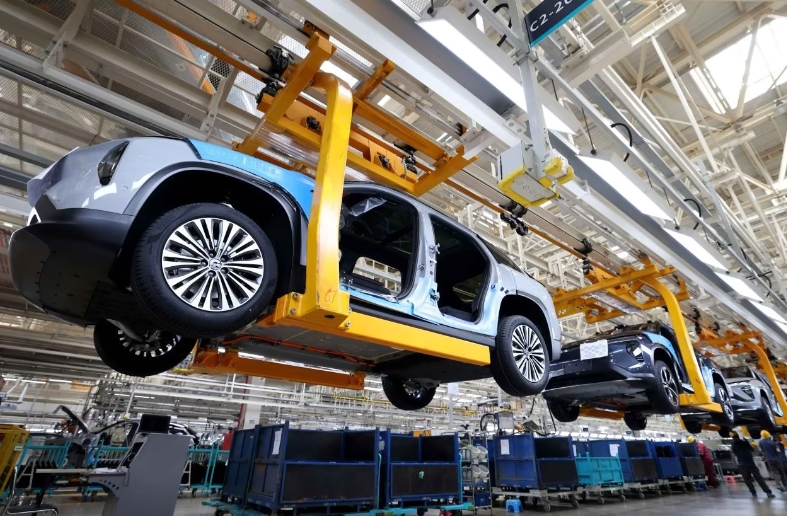

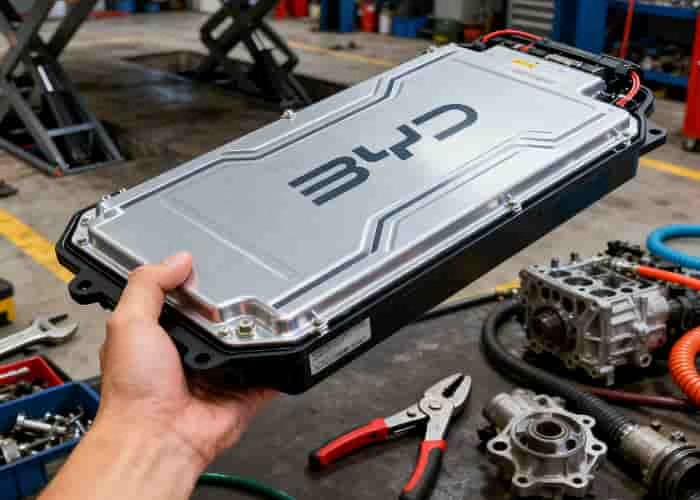
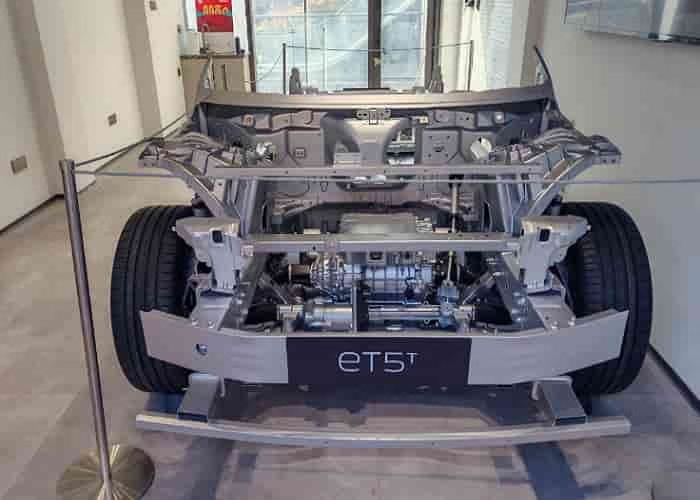
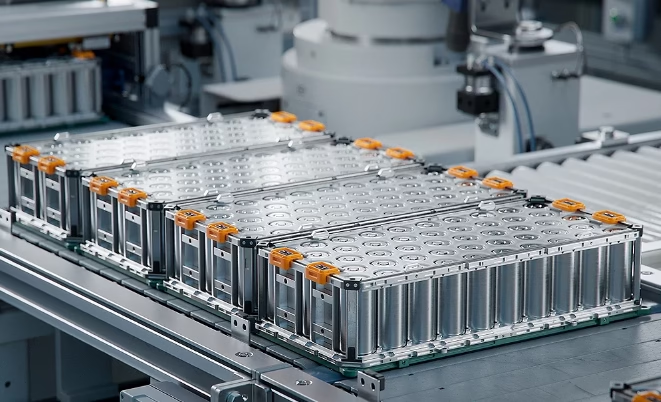
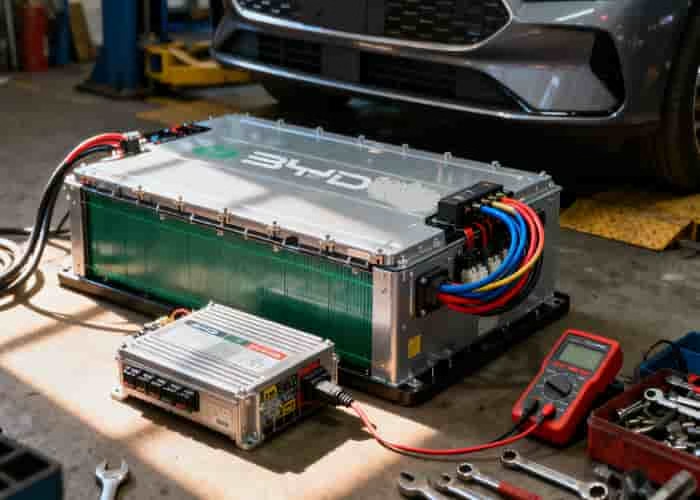


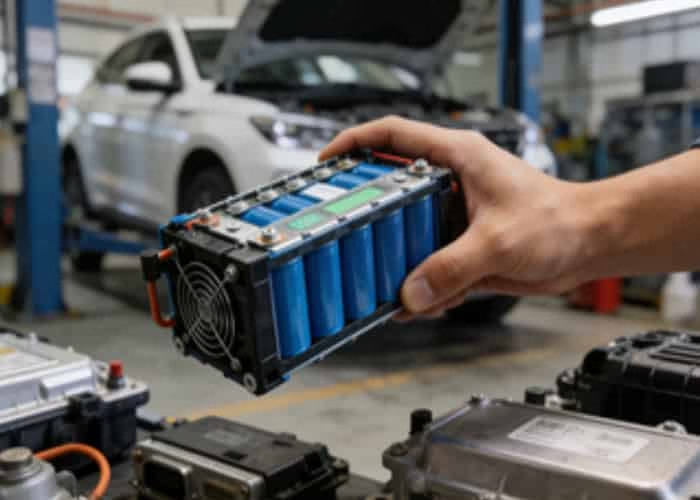
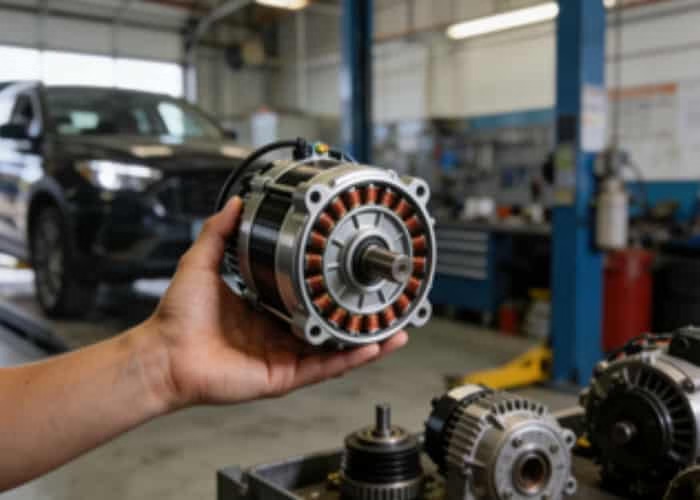
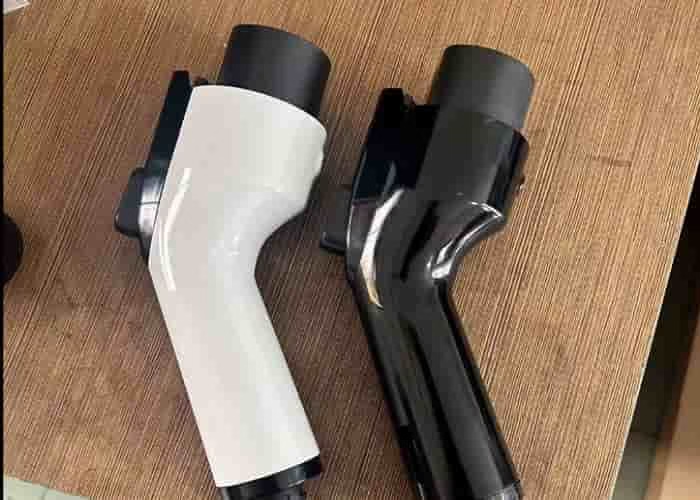
Leave a Reply